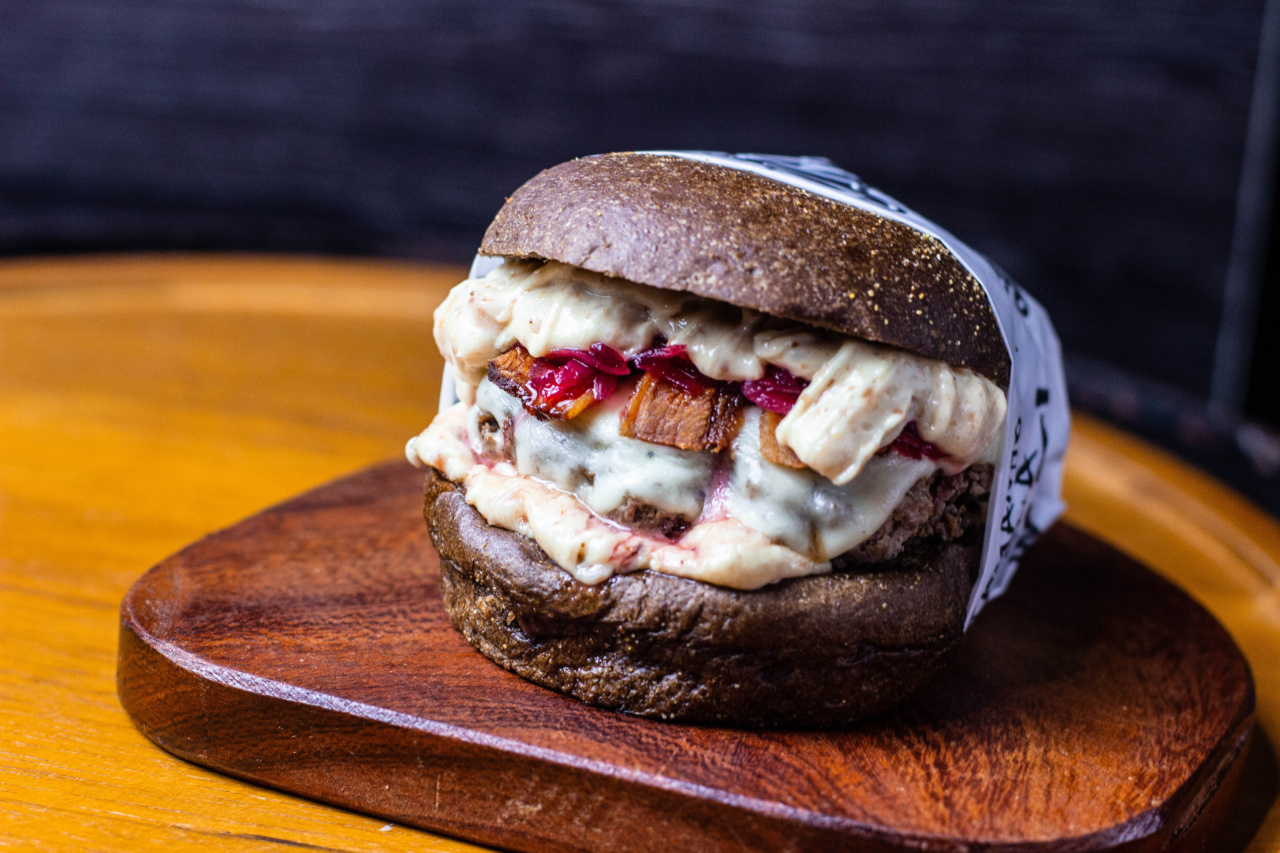Getting a good night’s sleep is essential for our overall health and well-being. It allows our bodies to rest and recharge, repairs muscles, and consolidates memories.
Unfortunately, many people struggle with getting quality sleep, and one culprit behind this is junk food.
What is Junk Food?
Junk food refers to highly processed, unhealthy foods that are usually high in calories, sugar, unhealthy fats, and low in nutrients. Common examples include fast food, sugary snacks, soda, processed meats, and refined grains.
Effects of Junk Food on Sleep Quality
While we may love the taste of junk food, consuming it regularly can have detrimental effects on our sleep quality. Here are some ways junk food can disrupt our sleep:.
1. Increased Risk of Insomnia
A diet high in junk food can interfere with our internal body clock, also known as the circadian rhythm.
The high sugar content and unhealthy fats found in junk food can cause blood sugar spikes and crashes, leading to difficulty falling asleep and staying asleep throughout the night.
2. Disrupted Rapid Eye Movement (REM) Sleep
REM sleep is a crucial stage of sleep associated with dreaming and memory consolidation. Studies have shown that consuming junk food close to bedtime can disrupt REM sleep and reduce its duration.
This can lead to feeling groggy and less rested in the morning.
3. Increased Risk of Sleep Apnea
Sleep apnea is a sleep disorder characterized by interruptions in breathing during sleep. Consuming junk food regularly can contribute to weight gain and obesity, which increases the risk of developing sleep apnea.
This condition not only disrupts sleep but also poses long-term health risks.
4. Digestive Discomfort
Junk food, especially those high in unhealthy fats, can cause digestive discomfort such as acid reflux, indigestion, and bloating.
These discomforts are known to interfere with sleep quality and can make it challenging to fall asleep or stay asleep throughout the night.
5. Energy Crashes and Sleepiness
Junk food, particularly foods high in added sugars and refined carbohydrates, causes rapid spikes and drops in blood sugar levels.
These episodes of fluctuating energy levels can lead to sudden crashes, leaving you feeling tired and sleepy during the day. Consequently, it becomes difficult to maintain alertness and avoid daytime drowsiness, affecting overall sleep quality.
How to Improve Sleep Quality by Cutting Out Junk Food
While it may be challenging to resist the temptation of junk food, making some dietary changes can significantly improve your sleep quality. Here are some tips:.
1. Opt for a Balanced Diet
Focus on consuming a balanced diet rich in whole foods, including fruits, vegetables, whole grains, lean proteins, and healthy fats. These nutrient-dense foods provide vitamins, minerals, and antioxidants that promote better sleep.
2. Avoid Stimulants
Limit or avoid stimulants like caffeine and nicotine, especially close to bedtime. These substances can interfere with sleep patterns and make it more challenging to fall asleep or maintain deep sleep.
3. Stay Hydrated
Stay adequately hydrated throughout the day by drinking enough water. Dehydration can contribute to restless sleep and wakefulness during the night.
4. Limit Processed Foods
Minimize or eliminate processed foods from your diet. These foods tend to be high in unhealthy fats, sugar, and other additives that disrupt sleep. Instead, opt for whole, minimally processed foods.
5. Implement a Consistent Sleep Schedule
Establish a regular sleep schedule by going to bed and waking up at the same time, even on weekends. This helps regulate your body’s internal clock and promotes a better sleep-wake cycle.
6. Create a Relaxing Bedtime Routine
Engage in relaxing activities before bed to signal your body that it’s time to wind down. This could include reading a book, taking a warm bath, meditating, or practicing gentle stretches.
7. Exercise Regularly
Regular exercise can contribute to better sleep quality. However, avoid exercising too close to bedtime, as it may increase alertness and make it harder to fall asleep.
8. Practice Stress Management
Chronic stress can negatively impact sleep. Explore stress management techniques such as meditation, deep breathing exercises, or journaling to help relax your mind and promote restful sleep.
9. Create a Sleep-Friendly Environment
Design your bedroom to be a sleep-friendly environment. Keep the room dark, quiet, and at a cool temperature to promote optimal sleep conditions. Additionally, invest in a comfortable mattress and pillows that support your body’s needs.
10. Monitor and Adjust
Pay attention to how your body responds to different foods and habits. Keep a sleep diary to track your sleep quality and identify any patterns or triggers that may be affecting your sleep negatively.
Adjust your diet and lifestyle accordingly to optimize your sleep.
Conclusion: Sleep Well, Live Well
Cutting out junk food from your diet can have a significant positive impact on your sleep quality.
By prioritizing healthy eating habits and making mindful lifestyle choices, you can enhance your overall well-being and wake up feeling refreshed and energized each morning.






























